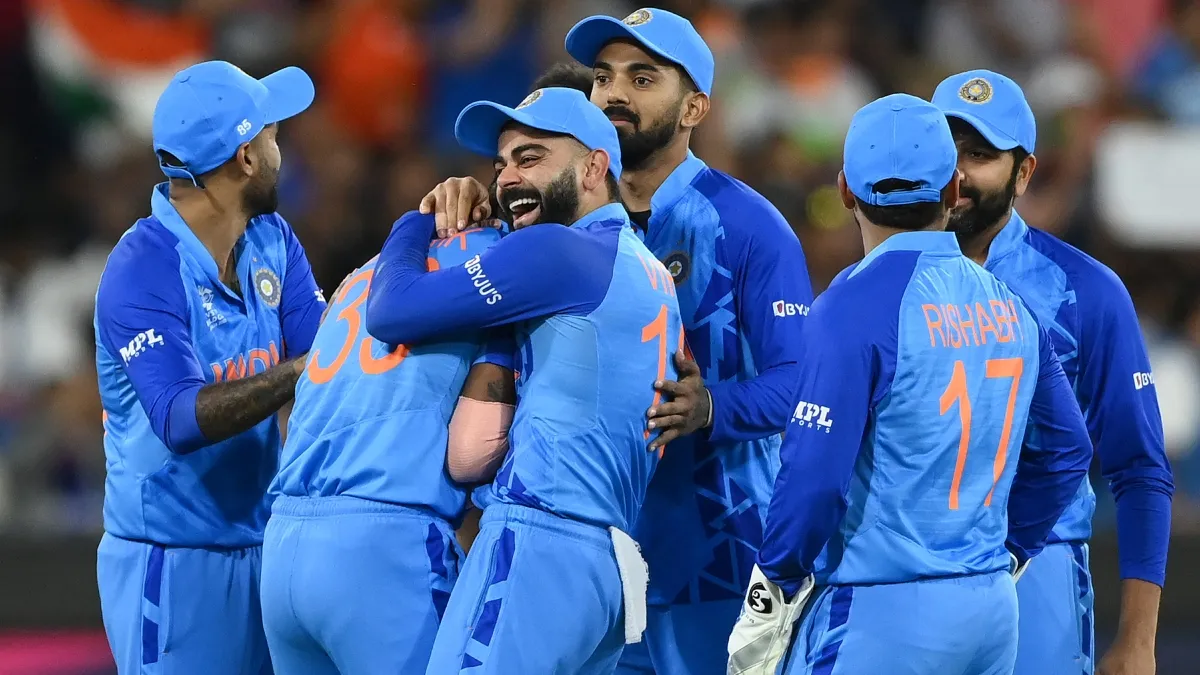The International Cricket Council (ICC) on Friday made some big decisions on the upcoming T20 World Cup playing conditions. The cricket body has announced playing conditions for the global tournament in the USA and West Indies to be played in June 2024. It has also confirmed the stop-clock rule to become a permanent feature in white-ball cricket.
The ICC has confirmed that the stop-clock feature will be implemented in white-ball cricket - both T20Is and ODIs from the T20 World Cup 2024 onwards. The rule was in use on an experiment basis and yielded positive results, the cricket body noted. "The stop-clock is set to become permanent in all ODIs and T20Is from June 2024, starting with the ICC Men’s T20 World Cup 2024 in the West Indies and USA. Results presented to the Chief Executives’ Committee (CEC) demonstrated that approximately 20 minutes had been saved per ODI match. The feature has now been added as a mandatory playing condition in all Full Member ODI and T20I matches from 1 June 2024," the cricket body said.
The ICC has also announced that the semifinals and final of the upcoming T20 World Cup will have a reserve day. "It was also confirmed during the meetings that ICC Men’s T20 World Cup 2024 would have reserve days scheduled for the semi-finals and final," the body added.
Notably, the ICC also noted that the team batting second will need to bat for at least five overs for a game to be constituted, while in the semifinals and the final, the required over number for the chasing side goes up to 10 overs.
"Furthermore, a minimum of five overs will need to be bowled to the team batting second to constitute a game in the group stages and the Super Eight stages. However, in the knockout matches, a minimum of 10 overs need to be bowled in the second innings to constitute a match," ICC stated.
What is stop-clock rule?
The stop-clock rule speeds up the game time and reduces the time lost between the overs. As per it, the fielding side needs to start the new over within 60 seconds of the time the previous over ended. An electronic clock will run after an over-ended with the third-umpire determining the start of the clock timer. There will be warnings given to the fielding side once each for two failures to start the new over within the stipulated time. After this, a penalty of five runs will be given to the fielding side for failure of subsequent overs.
The ICC announced named a few exceptions too:
- When a new batter comes to the wicket between overs
- An official drinks interval has been called
- The umpires have approved the onfield treatment of an injury to a batter or fielder
- The time lost is for any circumstances beyond the control of the fielding side

